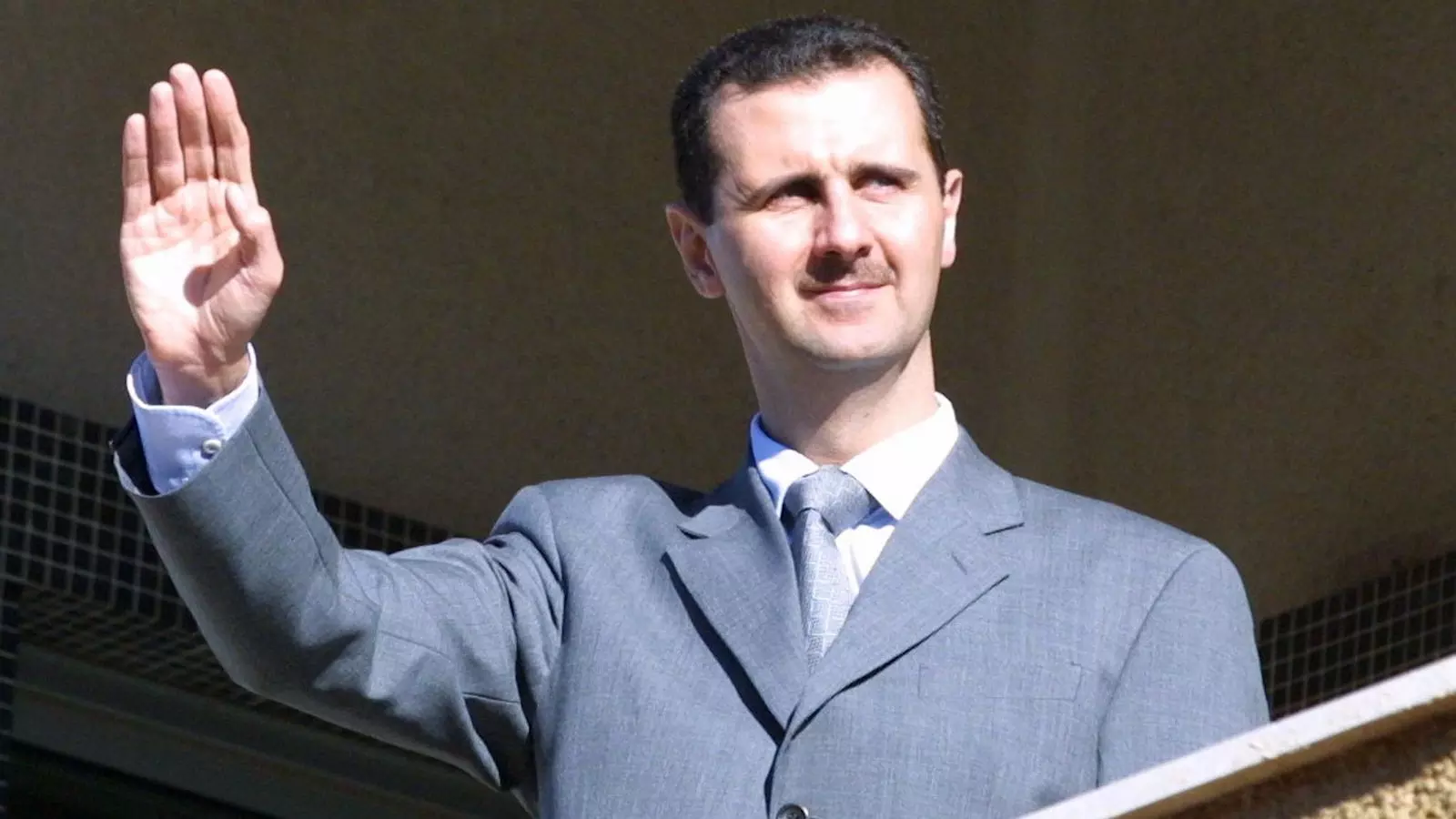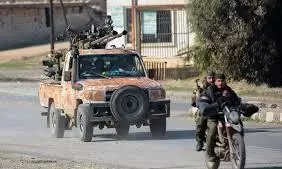
Is the Assad regime nearing its end in Syria?
text_fields"Death is now the only victor in Syria/No one even talks about anything else/One thing is certain/That is the jubilation of the corpses."
Almost ten years ago, the famous Syrian writer Samar Yazbek said this about her own country. At the time she wrote those lines, about four hundred thousand people had been killed there by state terrorism and civil war; ten times that number of Syrians had become refugees. Even today, the processions of the corpses continue there without much change. The waves of the Arab Spring that swept across the Middle East and North Africa in 2011 also rippled through Syria. While dictators who had ruled for decades were overthrown through popular uprisings in Tunisia, Egypt, Yemen, and Libya, it was not possible in Syria. Instead, the people who took to the streets against the dictatorship were dealt with ruthlessly by the ruler Bashar al-Assad – literal slaughter. As the popular uprising against the authoritarian regime gradually led to civil war and to foreign armed intervention, the waves of the Arab Spring smelled its death in Syria.
It is not wrong to observe that the Bashar regime held on in the areas where the rebels had influence, with the help of the Russian air force and the support of Iran and others. To this end, the regime even used chemical weapons. Thirteen years, eight months and three weeks into that struggle now, if any one takes a count of the toll of the Syrian conflict, at least 600,000 Syrians have been killed. More than 6 million people have been internally displaced, while as many people have sought refuge in countries including Turkiye. Another related tragedy of the Syrian conflict is that all international interventions to end this human rights abuses have remained on paper.
However, news coming out of Syria in the past few days is such that can be described as unexpected or unanticipated. There are those who observe that new developments may change the fate of the country itself and, at some point, end the Bashar regime itself. The events began on November 27, when the armed rebel group Hayat Tahrir al-Sham (HTS) captured the city of Aleppo in northwestern Syria. It is also noteworthy that the HTS operation took place on the same night that the Israeli-Hezbollah ceasefire agreement was reached in the Lebanese conflict.
HTS is said to be an organization formed by a few leaders who previously worked with Al Qaeda; the current leader of the group is Abu Mhammad al-Julani. According to various international media reports, this is a well-trained military group of more than thirty thousand people. For some time, HTS has been in complete control of the Idlib province of Syria, which shares the border with Turkiye. The group rushed from Idlib to the neighboring province of Aleppo and captured the capital city and then 13 nearby villages. They also took control of Bashar's military airport. Later, they took control of the city of Hama, which is south of Idlib and Aleppo. The latest news is that HTS is making a military move from there to the industrial city of Homs in Syria.
The north-eastern region of Syria has been a headache for Bashar since day one of the civil war. Various rebel military groups often conducted their operations here. To some extent, some of these groups also received support from Turkiye. Still, Bashar was able to hold on with the help of Russia. Bashar was saved by Russian airstrikes targeting the rebel group's military bases. However, now HTS is advancing surviving Russian military intervention. Northern Syria looks like almost completely lost to Bashar. Provinces including Raqqa are under the control of non-HTS rebel forces; HTS too has now captured strategic cities. The only remaining provinces are Damascus, Homs, Deir ez-Zur, Quneitra, and Al-Suwayda, which include the capital city; meaning that even half of the 14 provinces are not safe.
Never since the start of the civil war has Bashar faced such a dilemma. Whenever there was a crisis in the past, Russia, Iran, and Lebanon's Hezbollah were there to help. Now, due to the peculiar circumstances in the Middle East and Europe, these countries and groups are not able to stand by Bashar as needed. The general assessment is that HTS took advantage of this loophole to carry out the military move. Turkish President Recep Tayyip Erdogan observed about the events that the situation in Syria had reached a new phase. Therefore, he demanded that Bashar immediately prepare for peace talks. There are clear political implications in this position. At this rate it cannot be perceived that Bashar will be able to continue in this position for long. Therefore, the question of whether new developments will pave the way for the end of the Assad era after five decades is not irrelevant at this stage.























